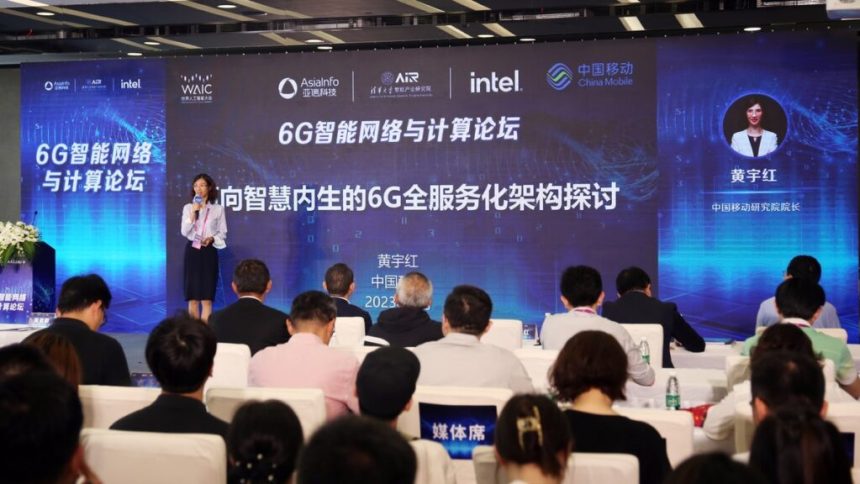As the race for dominance in artificial intelligence (AI) and 6G communications heats up, nations are scrambling to develop regulations to mitigate potential risks. Western countries, including the United States and the European Union (EU), are exploring the use of AI to enhance their upcoming 6G technology, aiming to outpace China’s 5G offering. The focus has shifted from treating telecommunications as a critical national security resource to controlling information and data flow.
Concerns over China’s advancements in AI and communications have prompted the U.S. and EU to issue a joint statement in May, expressing their commitment to collaborate on developing various technologies, including AI and 6G communications. This collaboration is crucial in achieving a globally accepted 6G standard. The EU has pledged around $137 million to fund 27 new research projects, aiming to accelerate groundbreaking research in 6G technologies.
The projects funded by the EU include initiatives such as 6G-Cloud, 6G-Twin, Oragami, 6G-Intense, and Exigence. These projects focus on addressing network architecture and energy consumption problems, which are vital for achieving pervasive connectivity and seamless transitions between networks.
Eric Plam, President of wireless data connection service SIMO Inc., emphasizes the importance of AI in achieving the goals of modern telecommunications. AI enables higher thresholds of data processing and facilitates interoperability between different markets. However, Plam acknowledges that China is currently ahead in this race, highlighting the need for governments to set standards and ensure the security and trustworthiness of communication networks.
The United States and Finland have also aligned their efforts in developing Western 6G technology as a “free world” response to China’s technological advancements. Finnish Foreign Minister Pekka Haavisto describes 6G as a competitive and secure alternative to China’s tech. The push-and-pull between countries in the communications technology arena will have significant implications for information control. The pre-eminent communication network will wield immense power in determining who has access to network resources, raising concerns about censorship and exclusion based on religious or political views.
The development of AI and 6G communications is seen as an arms race, with China, the EU, and the United States as the primary factions. While the race promises advancements in connectivity and economic growth, it also raises questions about the balance between safety and security and the potential for censorship.
In conclusion, the global race for dominance in AI and 6G communications is intensifying, with Western nations aiming to outpace China’s technological advancements. Collaboration and the development of standards are crucial in achieving a globally accepted 6G standard. However, concerns about information control and censorship emerge as governments seek to secure their networks. The future of telecommunications will undoubtedly shape the geopolitical landscape and determine who holds the power in controlling data and resources.



